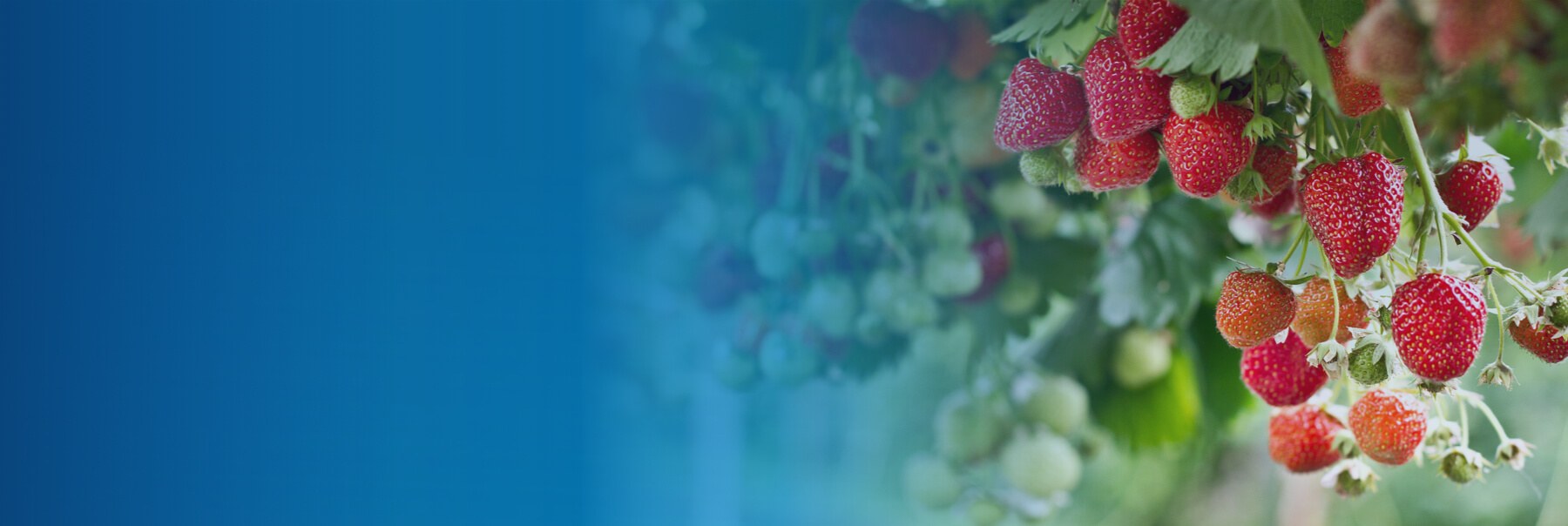Kristian Moeller is Managing Director at GLOBALG.A.P c/o FoodPLUS GmbH. Based in Cologne, Germany but with team members all over the world, GLOBALG.A.P. develops assurance solutions for the farm-to-consumer supply chain, including certification standards, tailor-made farm assessments, and capacity-building projects for emerging markets, and a consumer label.
One business success
- In April 2021, on the fifth anniversary of the launch of our older aquaculture consumer label, we launched our new-look consumer label – the GGN label. The yellow “certified farming” seal can be applied to fruit and vegetables, farmed seafood, flowers and plants to guide consumers to responsibly farmed products and provide transparency on their origins. The first products featuring the GGN label are due to appear on supermarket shelves soon. It is an ambitious move to enter this crowded market but following our successful launch event and the level of interest we have seen so far, we are confident in our efforts to promote certified, responsible farming. I believe our GGN label portal will go a long way to building trust among conscious consumers.
Two challenges for the sector
- I have already seen reports stating an increase in cases of food fraud over the pandemic period, and, unfortunately, I think this trend may be set to continue. Organised crime groups realise there is money to be made here. We in the food industry must react accordingly and encourage holistic solutions for the whole supply chain. At GLOBALG.A.P. we are developing more data-driven solutions to help with this.
- Food safety must continue to be a priority, whatever is going on in the outside world. This last year we have seen how the pandemic affected audits and supply chains around the world. Next time (of course we hope there won’t be the next time, but it’s best to be prepared!), we must be able to react more quickly and ensure that food safety standards are upheld even in times of crisis. I think digitalization in the sector, including remote audits and the use of data to demonstrate compliance, will become more mainstream and go some way to helping with this.
Three forecasts for the sector
- As climate change concerns grow and we see the seasons and weather changing, farming and food production will be impacted. For this reason, I think there will be an even bigger push for better environmental protection in farming and the need for continuous improvement at an individual producer level. This means reducing energy and resources used, year on year. To monitor this, I expect the use of data and sharing thereof to become more mainstream. Measuring the impact of farming, at the farm level, will provide insights for the whole industry as to how we can do better together.
- Traceability solutions for the supply chain – including blockchain – will develop very rapidly and be made transparent to consumers. Consumers are looking for brands they can trust, and transparency in the supply chain does a lot for fostering trust. Businesses will invest heavily in certification (such as our Chain of Custody certificate) and technology for supply chains that offer assurance of where products come from and how they are produced. The GGN label offers one way to make the supply chains transparent to consumers.
- I suspect that we will see an ever-greater demand for higher animal welfare standards. Since the Coronavirus pandemic, many people are thinking more deeply about the way in which we interact with nature and how we rear animals and consume animal products. During the revision process for our IFA standards, we received a huge amount of feedback on animal welfare topics, especially within aquaculture. This has been a huge driving factor behind our collaboration with RSPCA Assured for a tailor-made assurance solution on animal welfare.
September 2021
